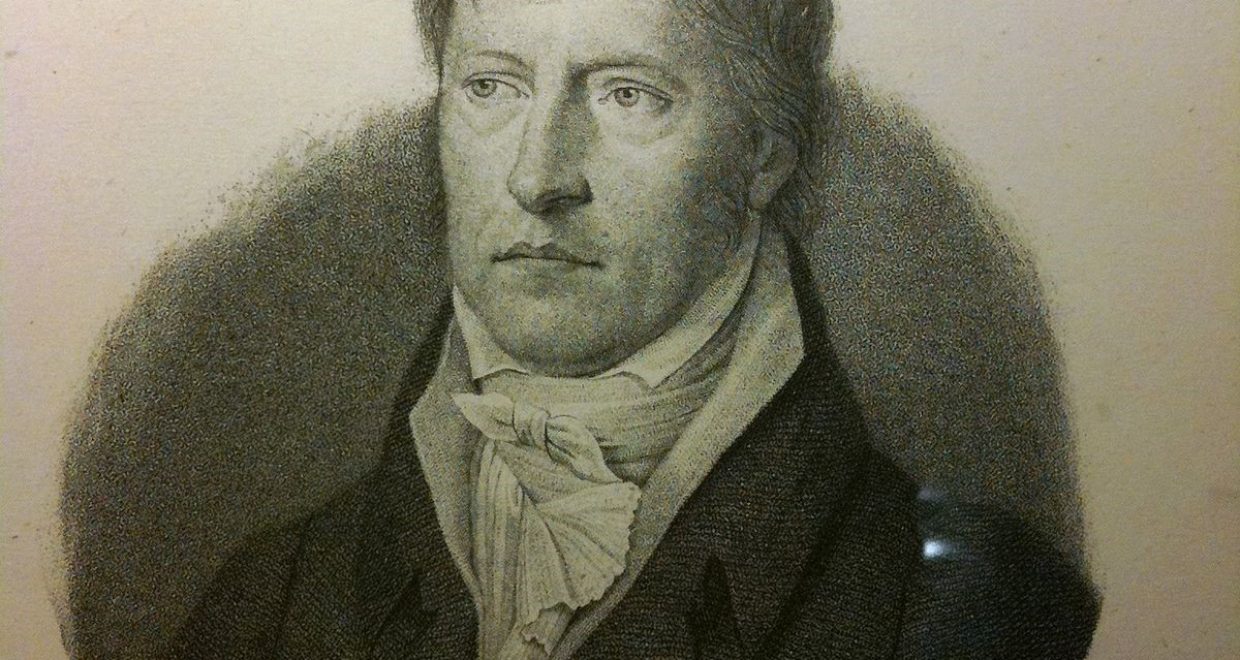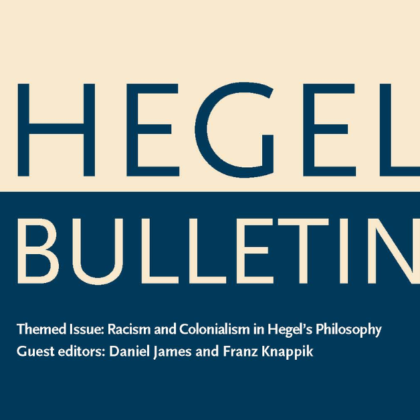Hegel is Fun
Hegel has a reputation as a difficult philosopher, and often people treat the complexities of his texts as being due to his intensely systematic aims. This is sometimes the case, but there is another, more human cause for many of the twists and turns in his work: Hegel was intellectually omnivorous, and he is always eager to share the cool connections he’s come across. Often when it seems hard to follow the thread of his thoughts, it’s because he has so many neat things he wants to share with you, and he almost trips over himself trying to get it all out.
This becomes more obvious when reading his lecture materials, like the wide-ranging Lectures on Fine Art: though aesthetic topics provide the scaffolding for these lectures, Hegel discusses a far, far wider range of topics than you’d expect from a course on art history. The history of religions and myths, the relation between concepts and imagination, the knowledge of God and salvation, and the relation of humanity to nature all receive intriguing discussions in the course of Hegel’s laying out the “nature of fine art”.
The Lectures on Fine Art are not special in this regard, as we can see if we look at the Encyclopedia of the Philosophical Sciences that Hegel lectured on regularly (comprised—in English translation—of the “Encyclopedia Logic”, the “Philosophy of Nature”, and the “Philosophy of Spirit”). When Hegel’s friends and students republished these volumes after Hegel’s death, they added copious material from Hegel’s lecture notes and notes taken by his students, and these give us a good feel for what Hegel’s lectures must have been like: The schematic structure of the System provided by the Encyclopedia‘s almost 600 sections serve to anchor hundreds of pages of “Additions”, where Hegel often goes out on wonderful tangents.
One of my favorite tangents, and a place I recommend starting to read Hegel, is §24 of the “Encyclopedia Logic”. In a few short pages, Hegel lays forth on the nature of the “I”, the essence of metaphysics, idealism and God — and these additions culminate in a fascinating little rhapsody on the “Fall of Man” and original sin. These wide-ranging reflections are appended to a brief few sentences laying out a preliminary account of what logic is; in the mind of Hegel, the essence of logic and the myth of Eden are intimately connected, so he needs to tell you about both of them at the same time.
Understandably, someone whose mind works like this has a hard time writing “clearly”, for by his own standards he almost has to get it all out at once if he’s going to say any of it, and this leads to tangled prose. Untying the knots in this prose reveals all sorts of penetrating and novel insights, though, and 250 years later still gives the modern reader a sense for what Hegel’s students knew well: Hegel deeply loves philosophy, and wants to share his enthusiasm for it with you.







Philosophers have interpreted the World, the point is to change it, unfair criticism by Karl Marx?